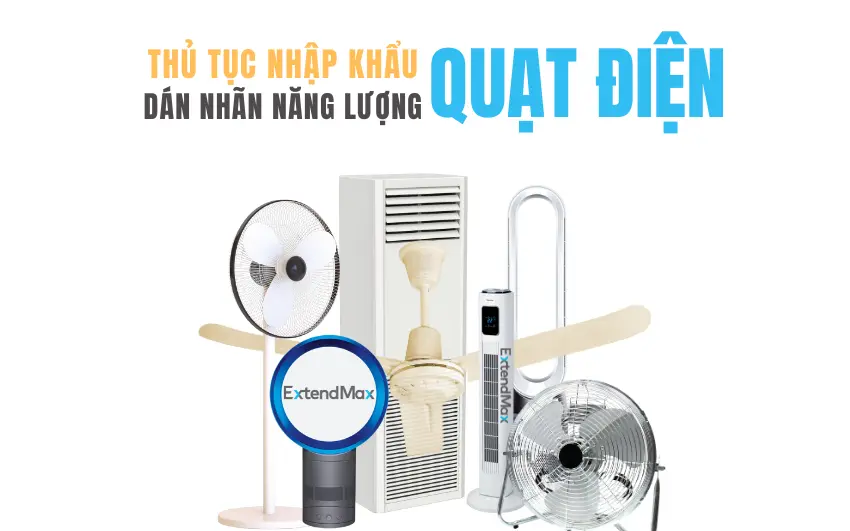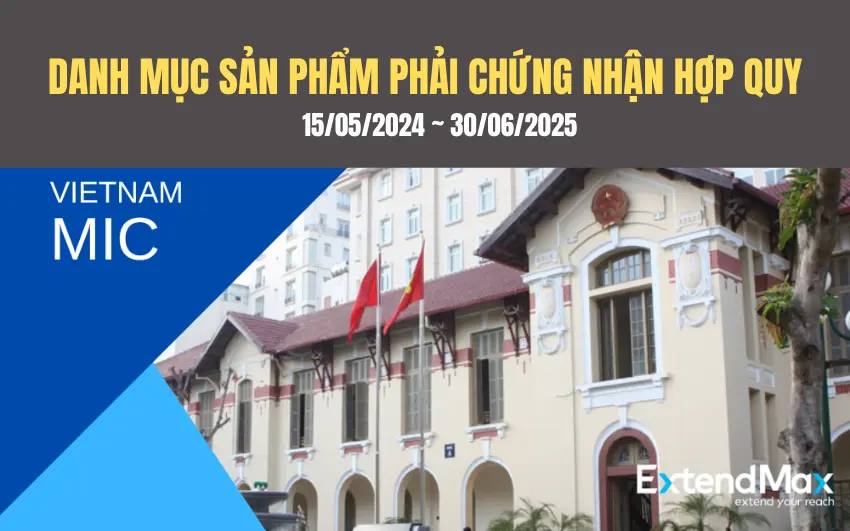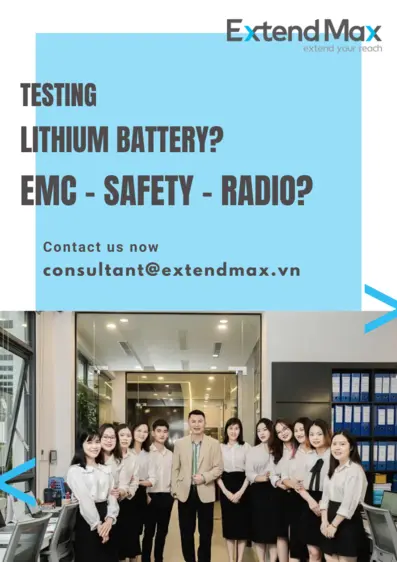Cameras are a common item frequently imported into Vietnam to meet the high consumer demand in the market. However, many businesses have encountered difficulties in the import and export activities of cameras and the customs clearance of this item, due to the HS code of cameras being listed in the category requiring permits and state quality inspections. The article below will equip you with comprehensive knowledge about camera import procedures, thereby overcoming the difficulties encountered when preparing import and export documents as well as customs procedures for this type of product.
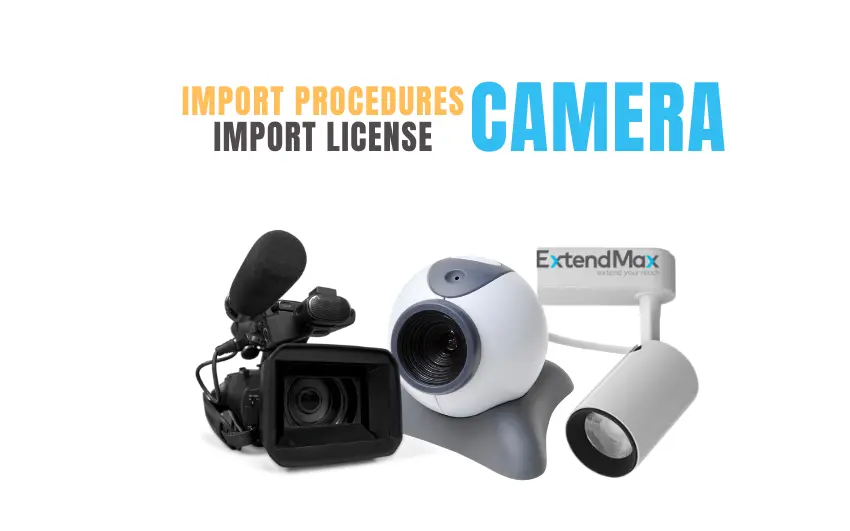
What is a camera?
A camera is a device or system of devices used to capture images or videos. A camera typically includes a lens to collect light and an image sensor to convert the light into digital data. Cameras can be used for various purposes such as photography, filming, observation, surveillance, etc.
The term 'camera' originates from the Latin 'camera obscura,' meaning 'dark room,' which describes how this device creates an image on a surface in a dark room, when light passes through a small hole. Functioning similarly to the human eye, cameras can operate within the visible light spectrum or other ranges of the electromagnetic spectrum. Common types of cameras in Vietnam include security or surveillance cameras (CCTV), photographic cameras, video cameras, dash cams, webcams, etc.
Cameras requiring specialized inspection
Cameras for CCTV Security Systems
These are standard cameras that connect and transmit data to a server via a LAN network. In some specific cases, the product has an additional function of directly broadcasting Wi-Fi to connect with the terminal device. High-end CCTV cameras often support security protocols, transmitting data using secure protocols with transmission encryption support. Therefore, this type may require a civil cryptography license for importation.
Cameras with Integrated Radar for Speed Monitoring
This type of camera is commonly installed on highways to monitor traffic. The camera is integrated with a short-range radar module operating in the frequency bands of 24GHz, 60GHz, or 77GHz. Depending on its structure and HS code, the product may need to meet the quality inspection requirements of the Ministry of Information and Communications.
Cameras Mounted on Remote-Controlled Aircraft - Flycams
Flycams always have Wi-Fi transmission or SDR technology to transmit image data from distances up to 10km. This product is always classified as group 2 goods by the Ministry of Information and Communications, requiring state quality inspection, followed by certification and conformity announcement.
HS code and import duty for cameras
Correctly determining the HS code of goods is extremely important as it informs us about the policy, regulations, and specific tax rates applicable to that type of goods. Cameras fall under the HS code group 8525 - Transmission apparatus for radio-broadcasting or television, whether or not incorporating reception or recording apparatus; television cameras, digital cameras, and video cameras.
Details on the tax and HS code for cameras are as follows:
| HS Code | Goods description | Import duty (normal) | Preferential import tax | VAT (%) |
| 8525.50.00 | - Transmission apparatus. | 5 | 0 | 10 |
| 8525.60.00 | - Transmission apparatus incorporating reception apparatus | 5 | 0 | 10 |
| - Television cameras, digital cameras and video camera recorders: | ||||
| 8525.81 | - - High-speed television cameras, digital cameras and video camera recorders: | |||
| 8525.81.10 | - - - Video camera recorders | 5 | 0 | 10 |
| 8525.81.20 | - - - Television cameras | 15 | 10 | 10 |
| 8525.81.90 | - - - Other | 5 | 0 | 10 |
| 8525.82 | - - Other, radiation-hardened or radiationtolerant goods designed or shielded to enable operation in a high-radiation environment: | |||
| 8525.82.10 | - - - Video camera recorders | 5 | 0 | 10 |
| 8525.82.20 | - - - Television cameras | 15 | 10 | 10 |
| 8525.82.90 | - - - Other | 5 | 0 | 10 |
| 8525.83 | - - Other, night vision goods which use a photocathode to convert available light to electrons, which can be amplified and converted to yield a visible image. This subheading excludes thermal imaging cameras (generally subheading 8525.89): | |||
| 8525.83.10 | - - - Video camera recorders | 5 | 0 | 10 |
| 8525.83.20 | - - - Television cameras | 15 | 10 | 10 |
| 8525.83.90 | - - - Other | 5 | 0 | 10 |
| 8525.89 | - - Other | |||
| 8525.89.10 | - - - Video camera recorders | 5 | 0 | 10 |
| 8525.89.20 | - - - Television cameras | 15 | 10 | 10 |
| 8525.89.30 | - - - Webcam | 22,5 | 15 | 10 |
| 8525.89.90 | - - - Other | 5 | 0 | 10 |
Camera import process
Preparation Steps
For Flycams: Importing enterprises need to obtain an Import Permit from the Operations Department and an Import Permit from the Ministry of Industry and Trade before bringing the shipment into Vietnam. These procedures are usually complex and time-consuming.
For Cameras Requiring Specialized Inspection: Prepare the technical specifications, ISO 9001 certification from the manufacturer, and allocate funds for testing and conformity certification procedures.
For CCTV Cameras with Encrypted Data Transmission: Obtain a business license and an import permit for civil cryptographic products for this type of goods. The process of obtaining these two civil cryptographic permits can take up to 3 months. Therefore, you need to secure all necessary permits in advance to avoid storage fees and administrative penalties for late declaration (more than 30 days).
Import Procedure Sequence
Once all the necessary permits have been obtained, the import procedure for cameras can be summarized as follows:
Step 1: Prepare a draft declaration and review the documents.
Step 2: Prepare the civil cryptography permit and quality inspection registration (for applicable cameras).
Step 3: Transmit the declaration along with the permits and quality inspection documents.
Step 4: Clear the customs declaration.
Step 5: Retrieve the goods from customs and transport them to the enterprise’s warehouse for use or sale in the market.
Imported Camera documentation set
The imported camera documentation set includes:
- Bill of lading B/L or AWB
- Commercial Invoice
- PO or Purchase Contract
- Packing list
- Document describing technical characteristics of the product or catalog
- Product photos (if any)
- CO Certificate of Origin (if any)
- Civil Cryptography items Exemption Letter (if any)
- Required documentation for specialized inspection cases
- State quality inspection registration certificate confirmed by the Telecommunications Department.
- Civil cryptography product import permit.
- IIf the product does not have encryption features, you can obtain a exemption letter that the product does not contain civil cryptographic elements for smoother customs clearance.
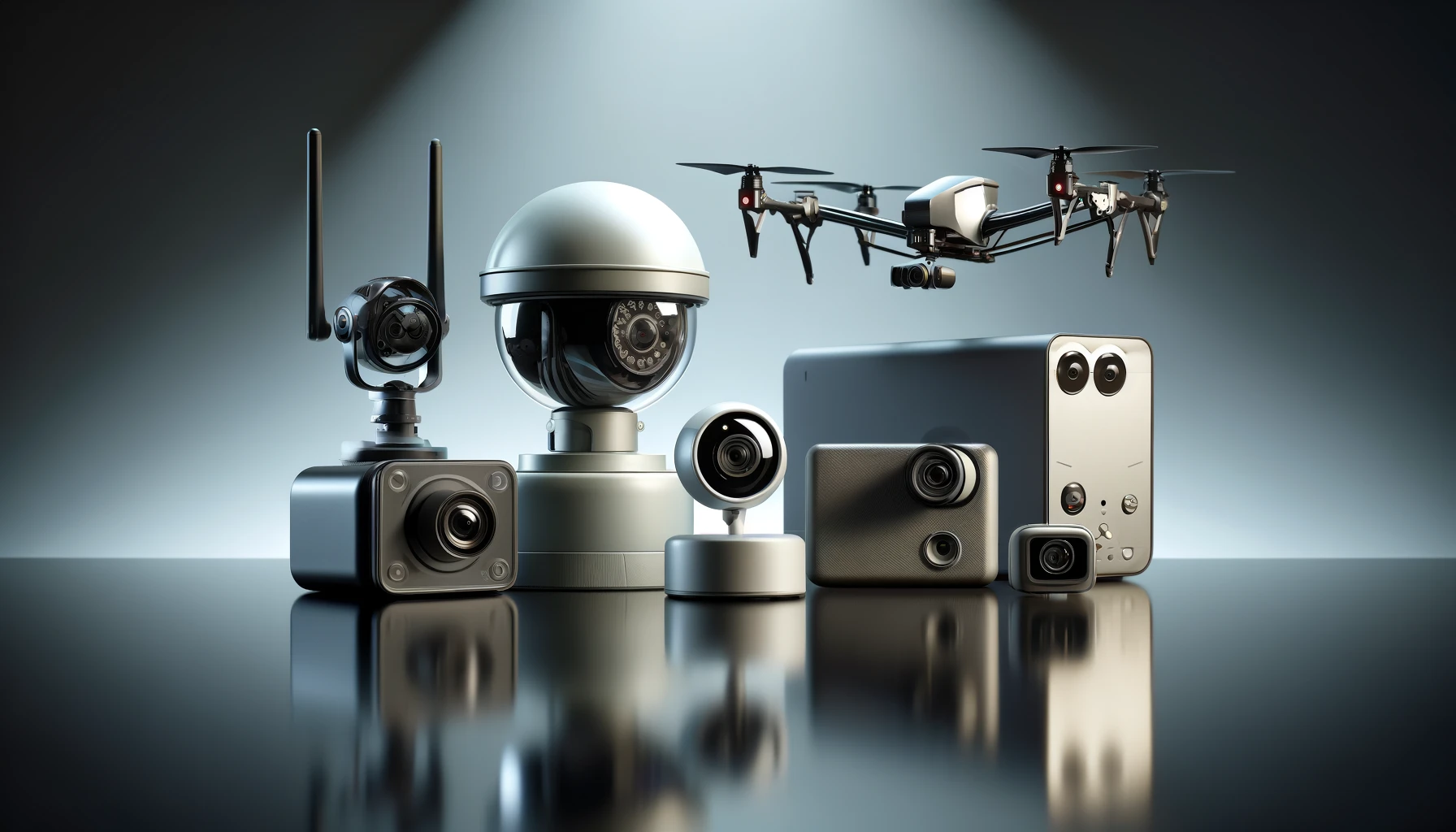
Key Notes When Importing Cameras
Labeling Goods
For camera products, the content of a label includes the following information:
- Product name
- Country of origin
- Name or abbreviation of the organization, individual, or entity responsible for the production or responsible for the goods
- Other information depending on the nature of each type of goods
These labels should be affixed to surfaces of the goods such as cartons, wooden crates, product packaging, etc., to ensure easy visibility and inspection.
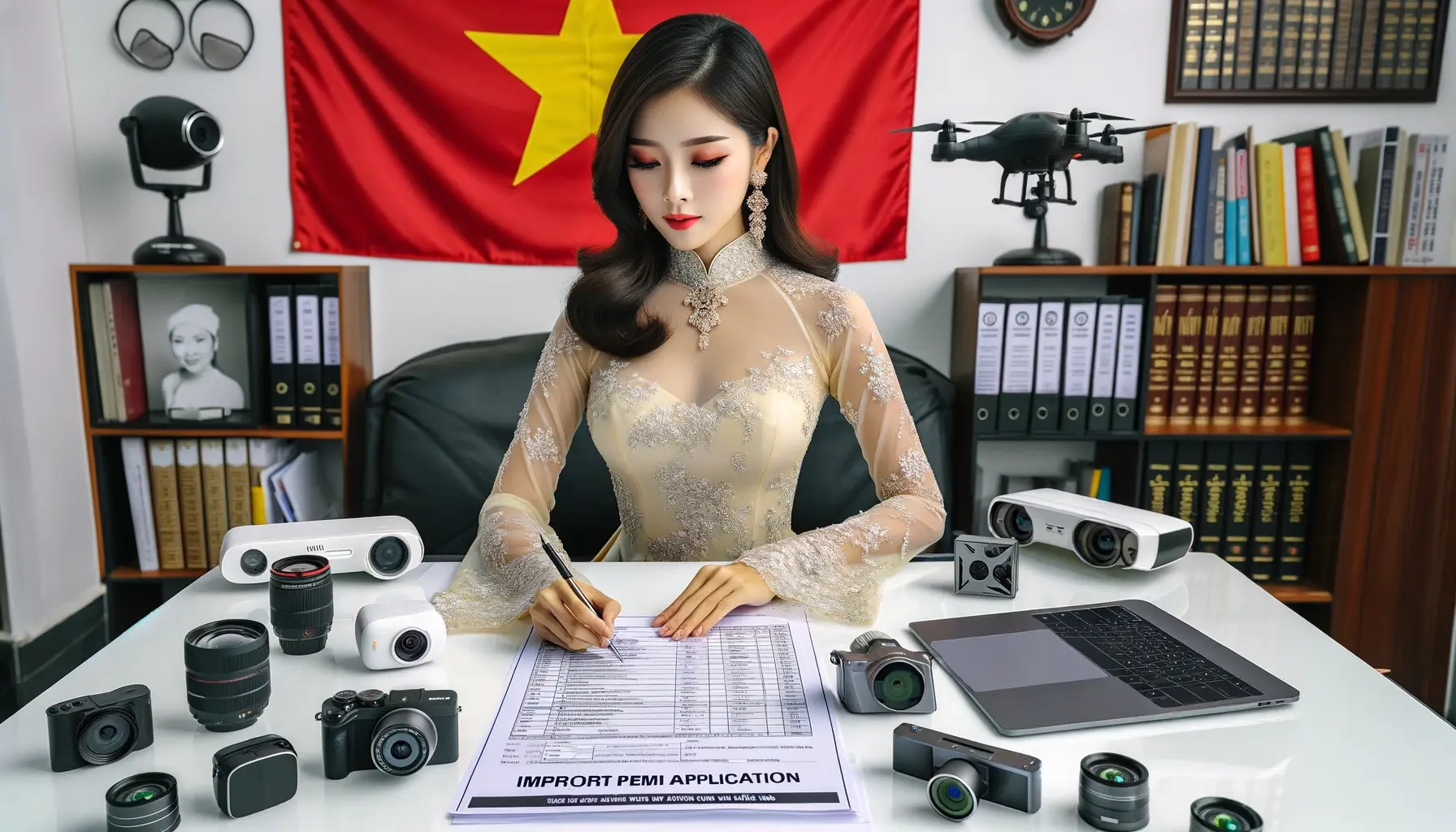
Industry Inspection License, Compliance Certification
For cameras capable of recording and transmitting data wirelessly, such as flycams, drones equipped with cameras, etc., businesses are required to obtain industry inspection licenses, compliance certifications, compliance declarations, and affix compliance stamps when importing, according to the regulations of the Ministry of Information and Communications.
For cameras with HS codes, names, and descriptions of cryptographic functions matching the information in the Civil Cryptographic Product List for import-export under Decree 32/2023/NĐ-CP, businesses must apply for a civil cryptographic license before customs procedures.
Additionally, surveillance cameras installed on vehicles providing transportation services must meet technical requirements, especially the image storage period specified in Government Decree No.10/2020/NĐ-CP.
Import Prohibition Cases
In cases of import prohibition, broadcasting equipment for wireless transmission or television broadcasting, with or without attachments for receiving, recording, or reproducing sound; television cameras, digital cameras, and used image recording cameras are prohibited from importation according to the regulations stated in Circular 11/2018/TT-BTTTT. Additionally, components, spare parts, assemblies, and accessories of the aforementioned products that have been used are also prohibited from importation.
The above are all the notes regarding camera import procedures. We hope the information provided by ExtendMax will help you gain an overview of the preparation and implementation of customs clearance procedures smoothly and quickly. If you have any questions, please do not hesitate to contact us for advice and answers from ExtendMax's experts.
You may also be interested in: Our IOR and EOR services in Vietnam.
Follow us via FB FanPage or LinkedIn to stay updated with the latest information
Please leave a comment and share the article if you find it useful in your work.
↓ ↓ ↓ ↓ ↓ ↓ ↓




